What to Expect
Therapists will likely treat patients who take psychiatric medications as care plans often combine psychotropics with behavioral therapy and counseling. We want our patients to experience the positive effects of this multifocal approach. By vigilant monitoring and discussion, we can discover the proper medication and optimal treatment plan. You can foster an environment that promotes wellness by understanding medication categories, typical side effects, and how to treat these side effects and ease symptoms.
The most commonly prescribed medications used to treat depression are selective serotonin uptake inhibitors (SSRIs). Serotonin, the happy chemical, is a neurotransmitter that plays an active role in mood regulation and feelings of wellbeing. Frequently, serotonin is low in patients suffering from depression. SSRIs operate by selectively hindering the reuptake of the brain’s serotonin and relieving the depressed person’s symptoms. SSRIs are popular antidepressants and are the first-line treatment for major depressive disorder. SSRIs also treat generalized anxiety disorder, obsessive-compulsive disorder, and panic disorder. Examples of SSRIs include sertraline (Zoloft), fluoxetine (Prozac), and escitalopram (Lexapro).
Clinicians often consider SSRIs the safest medication option because they have few side effects and are generally well-tolerated among patients. The most common side effects are headache, nausea, diarrhea, insomnia, and decreased sexual desire. These side effects are typically transient and disappear within the first month of SSRI treatment. If headaches persist, they are usually treated with over-the-counter analgesics. Patients should not abruptly discontinue SSRI use. If they experience persistent or intolerable side effects, they should discuss them with the clinician to consider other treatment options. A healthy therapeutic relationship makes it easier for a patient to have candid conversations with their therapist.
Atypical antipsychotic medications are principally used to treat psychotic disorders and relieve symptoms like hallucinations, delusions, abnormal behaviors, and unusual thoughts. Their sedative and tranquilizing effects benefit aggressive patients. Commonly prescribed atypical antipsychotics include risperidone (Risperdal) and aripiprazole (Abilify).
Second-generation antipsychotics are better tolerated than the original antipsychotics because they have a lower incidence of movement disorders. However, their metabolic effects are associated with premature cardiovascular mortality among patients with schizophrenia. Many adverse effects, including weight gain and elevated prolactin, may be more common or distressing in female patients. Luckily, clinicians can easily avoid many adverse effects by slowly increasing dosage, changing the dosing schedule, or splitting the daily dose. Therapists must maintain open communication with patients because medication nonadherence and abrupt cessation are associated with dangerous effects.
Your Role
Optimize your care by acquainting yourself with psychotropic meds, what happens when they work, what occurs if they don’t work. Although you don’t prescribe or recommend medications, a general understanding of the medications’ function will help you coordinate with psychiatric providers. As a therapist, you are in an excellent position to monitor compliance, recognize potential behavioral or physical side effects, and assess a drug’s effectiveness.
Are you looking for a place to refer a patient for medication management? We are here to help you!
AMP Group Mental Health Services
1411 Coral Way, Miami Fl, 33145
305-204-9355





